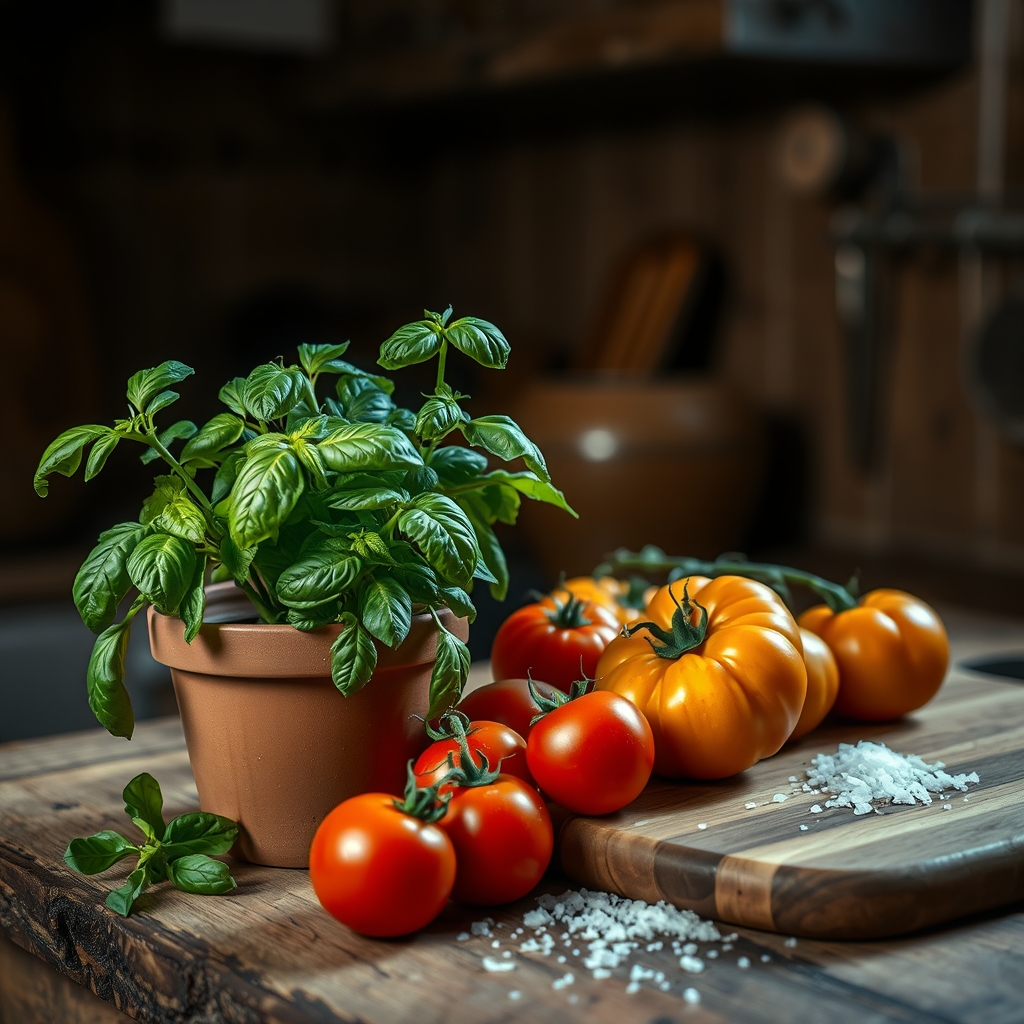Recipe Generator API or Chef Generator API: Making the Right Choice for Your Project

When it comes to developing culinary applications, choosing the right API can significantly impact the functionality and user experience of your project. In this blog post, we will compare two powerful APIs: the Chef Generator API and the Recipe Searcher API. Both APIs offer unique features that cater to different needs in the culinary domain, making it essential to understand their capabilities, use cases, and performance metrics to make an informed decision for your project.
Overview of Both APIs
Chef Generator API
The Chef Generator API is designed to generate unique recipes based on user inputs and preferences. This API is particularly useful for chefs, food bloggers, and culinary professionals who want to create innovative dishes without spending hours searching for recipes. By leveraging machine learning algorithms, the Chef Generator API can provide tailored suggestions for ingredients and cooking methods, making it a versatile tool for culinary creativity.
Recipe Searcher API
The Recipe Searcher API offers access to a vast database of over 2 million recipes. Users can search for recipes using keywords, dietary restrictions, and health filters, making it an excellent resource for anyone looking to explore culinary options. This API is ideal for applications that require a comprehensive recipe database, allowing users to find inspiration for meals based on specific ingredients or dietary needs.
Side-by-Side Feature Comparison
| Feature | Chef Generator API | Recipe Searcher API |
|---|---|---|
| Recipe Generation | Generates unique recipes based on user input. | Searches a database of 2 million recipes. |
| Customization | Allows users to input specific ingredients. | Filters recipes by dietary restrictions and health criteria. |
| Output Format | Returns recipes in JSON format with detailed instructions. | Provides comprehensive recipe details including images and nutritional information. |
| Use Cases | Ideal for creating personalized meal plans and unique dishes. | Best for discovering new recipes and meal inspiration. |
Example Use Cases for Each API
Chef Generator API Use Cases
The Chef Generator API is perfect for applications that aim to provide personalized cooking experiences. For instance:
- Meal Planning Apps: Users can input available ingredients and receive tailored recipes, making meal prep easier.
- Culinary Blogs: Bloggers can use the API to generate unique recipes for their audience, enhancing content variety.
- Cooking Classes: Instructors can utilize the API to create custom recipes based on class participants' preferences.
Recipe Searcher API Use Cases
The Recipe Searcher API is ideal for applications focused on recipe discovery. Some use cases include:
- Recipe Aggregators: Websites that compile recipes from various sources can use this API to provide users with a vast selection.
- Dietary Apps: Users can filter recipes based on dietary restrictions, making it easier to find suitable meals.
- Social Media Platforms: Users can share and discover recipes, enhancing community engagement around cooking.
Performance and Scalability Analysis
Chef Generator API
The Chef Generator API is built to handle multiple requests simultaneously, making it suitable for applications with high user engagement. Its machine learning algorithms ensure that the recipe generation process is efficient and quick, providing users with instant results based on their inputs.
Recipe Searcher API
The Recipe Searcher API is designed to manage extensive queries across its large database. With the ability to filter recipes based on various criteria, it can efficiently serve multiple users searching for different recipes at the same time. This scalability makes it an excellent choice for applications that expect high traffic.
Pros and Cons of Each API
Chef Generator API
Pros:
- Generates unique recipes tailored to user preferences.
- Time-saving for users looking for quick meal ideas.
- Encourages culinary creativity and experimentation.
Cons:
- May require fine-tuning to ensure recipe accuracy.
- Limited to the creativity of the algorithm based on input data.
Recipe Searcher API
Pros:
- Access to a vast database of recipes.
- Flexible filtering options for dietary needs.
- Comprehensive recipe details including images and nutritional information.
Cons:
- Users may feel overwhelmed by the sheer number of options.
- Search results may vary in quality depending on the source.
Final Recommendation
Choosing between the Chef Generator API and the Recipe Searcher API ultimately depends on the specific needs of your project. If your goal is to provide users with personalized recipe suggestions based on their available ingredients, the Chef Generator API is the better choice. However, if you aim to create a comprehensive recipe discovery platform that allows users to explore a wide variety of culinary options, the Recipe Searcher API would be more suitable.
In conclusion, both APIs offer valuable features that can enhance culinary applications. By understanding their strengths and weaknesses, developers can make informed decisions that align with their project goals and user needs.
Looking to optimize your Chef Generator API integration? Read our technical guides for implementation tips.
Need help implementing Recipe Searcher API? View the integration guide for step-by-step instructions.





